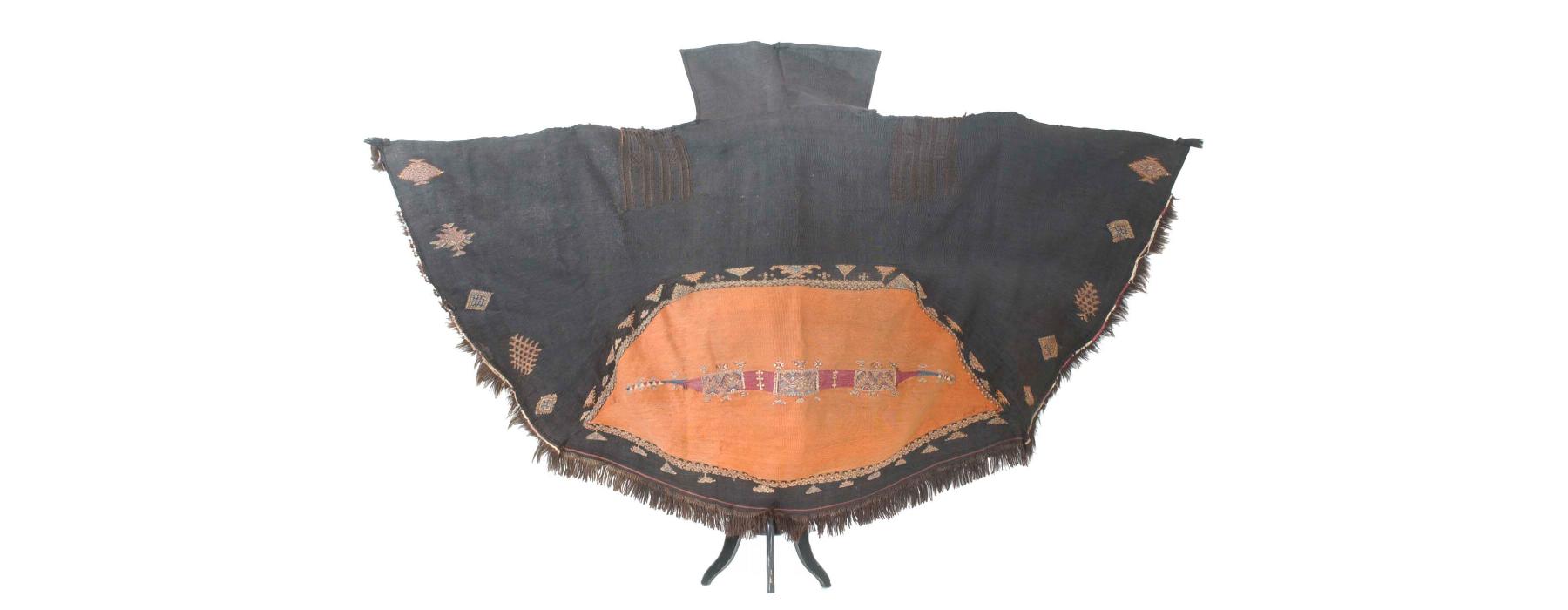
Change has been used as the hallmark of Western fashion uniqueness. The perceived timelessness of folk, tribal and other indigenous clothing systems has excluded and precluded them from the conceptual domain of fashion. Bodily adornment is a human universal; we propose to highlight the universal dynamism in that phenomenon to put into relief the perniciously fallacious construct of fashion as exclusively Western. Our inclusive strategy facilitates the emergence of diverse fashion histories and narratives. At the same time, our strategy propels the ethnographic museum to the forefront of fashion reconceptualization. Decolonizing the ethnographic museum is key to revising persistent ideas about fashion, while decolonizing fashion is an indispensable driver for revitalizing the ethnographic museum.